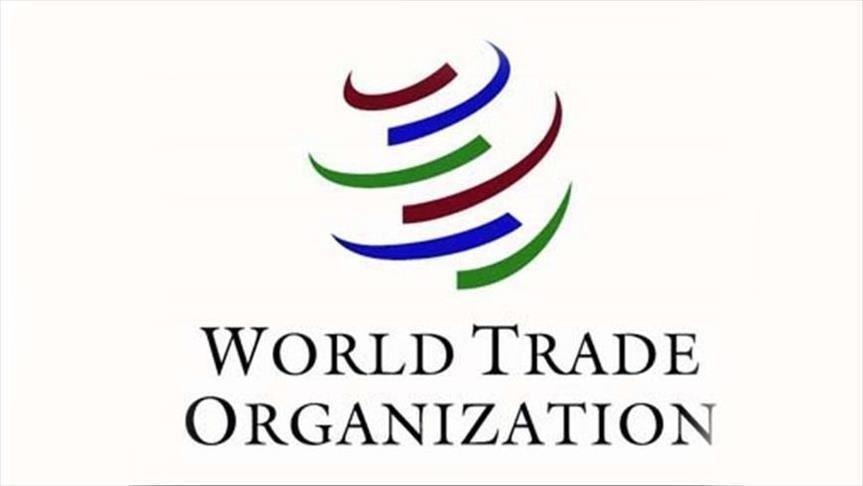WTO members sign deal on fisheries subsidies
World Trade Organization (WTO) members have signed a new treaty to curb harmful fisheries subsidies. The International Institute for Sustainable Development (IISD) said in a statement that “the deal marks a crucial step in moving the world’s fisheries toward long-term sustainability and in multilateral efforts to address subsidies that harm the natural environment and the […]

World Trade Organization (WTO) members have signed a new treaty to curb harmful fisheries subsidies.
The International Institute for Sustainable Development (IISD) said in a statement that “the deal marks a crucial step in moving the world’s fisheries toward long-term sustainability and in multilateral efforts to address subsidies that harm the natural environment and the well-being of vulnerable communities.”
How young engineer fabricates automated rice milling machine
Northern group rejects Muslim-Muslim ticket, canvasses support for Lalong
IISD President and CEO, Richard Florizone, said that the IISD was honoured to be part of the community that has supported these negotiations for many years, noting that “we are delighted to see the agreement now concluded.”
The CEO added that “We look forward to working with WTO members so they can ratify and implement this agreement quickly, for the good of the world’s fisheries and the communities that depend on them.”
Alice Tipping, Lead, Sustainable Trade at IISD, stated that the agreement matters because “It will require governments to think critically about their subsidy policies and how they interact with efforts to manage natural resources sustainably.”
The agreement prohibits subsidies for vessels and operators engaged in illegal, unreported, or unregulated (IUU) fishing and establish new rules for subsidies for the fishing of stocks that are already over-exploited. It also prohibits subsidies for fishing of stocks on the high seas that are not managed by regional bodies.
Fisheries support the livelihoods of millions of people, including some of the world’s poorest, who rely on marine resources for food as well as income.
But the world’s fishing fleet is far too large for the size of the resource it exploits; by some estimates, it is 2.5 times larger than what would be required to fish sustainably.
The final treaty reached in Geneva seeks to ensure support provided to often vulnerable fishing communities does not undermine the sustainability of the resource they depend on.
The fisheries negotiations at the WTO began in 2001. In recent years, the talks saw renewed momentum due partly to the adoption in 2015 by UN member states of a dedicated target within the wider Sustainable Development Goals.
